MOES, UNESCO, GESCI train Special Needs education teachers on ICT use –Mityana District The Ministry of Education and Sports through the Department of Special Needs and Inclusive Education is hosting a workshop on assistive technologies with support from UNESCO in a bid to ensure that learners with Special Need access quality Inclusive Education at all levels.
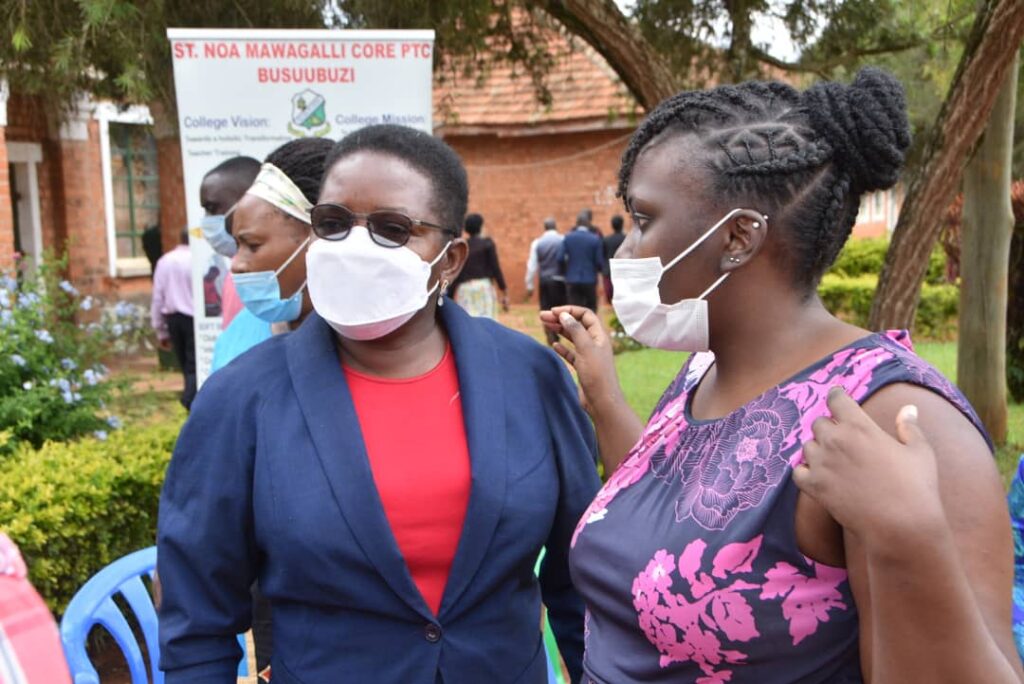
(L-R) Commissioner Special Needs Education and the Communications Officer of the Ministry of Education in Uganda
Head-teachers and special needs teachers from 20 special and inclusive schools across the country have started a five (5) days training at St. Noa Mawagali Busuubizi Core Primary Teachers College in Mityana district in a bid to enhance the teachers’ use of assistive technologies like smartphones and computers for learners with special educational needs.
According to Elizabeth Mbasu, the Education Specialist from Global e-Schools and Communities Initiative (GESCI) the purpose of the workshop is to equip teachers with skills to access information and use it during the teaching-learning process for learners with special educational needs, and thereafter, the teachers will be expected to train the remaining teachers in their institutions.
She also disclosed that under the framework of the Accessible Digital Textbooks project funded by the UN Partnership on the Rights of Persons with Disabilities (UNPRPD), the UNESCO Regional Office for Eastern Africa with partners, particularly the Ministry of Education, is supporting the training of teachers on the use of Assistive Technologies and Interactive Digital Textbooks in teaching and adapting content to improve learning outcomes in Uganda.
Jerome Morrissey, the Chief Executive Officer of GESCI revealed that children with disabilities are less likely to go to school, less likely to access quality learning if they do go to school, they are more likely to drop out early. It is estimated that there are between 93 to 150 million children with disabilities in the world. 80% are living in developing countries.
Ms. Sarah Bugoosi, the Commissioner for Special Needs Education at the Ministry of Education and Sports in Uganda said however much there is limited access and availability of tools like the Victor Reader Stream, the handheld digital media player that lets learners listen to books, newspapers, music, internet radio stations, and even use online reference tools through a familiar telephone-style keypad with tactile keys on a quarterly basis the government has availed a fund to support institution to improve learner outcomes and with time the challenges will be overcome.
A Visual Impairment teacher, Christopher Azoora, from Salama Primary School for the Blind, Mukono District, led a group discussion by demonstrating how to use Orbit reader together with laptop by translating braille to text to storage & also text to Braille (watch video).
Bazil Onen a visually impaired ICT teacher in Gulu High School shares his experience in the video below.








































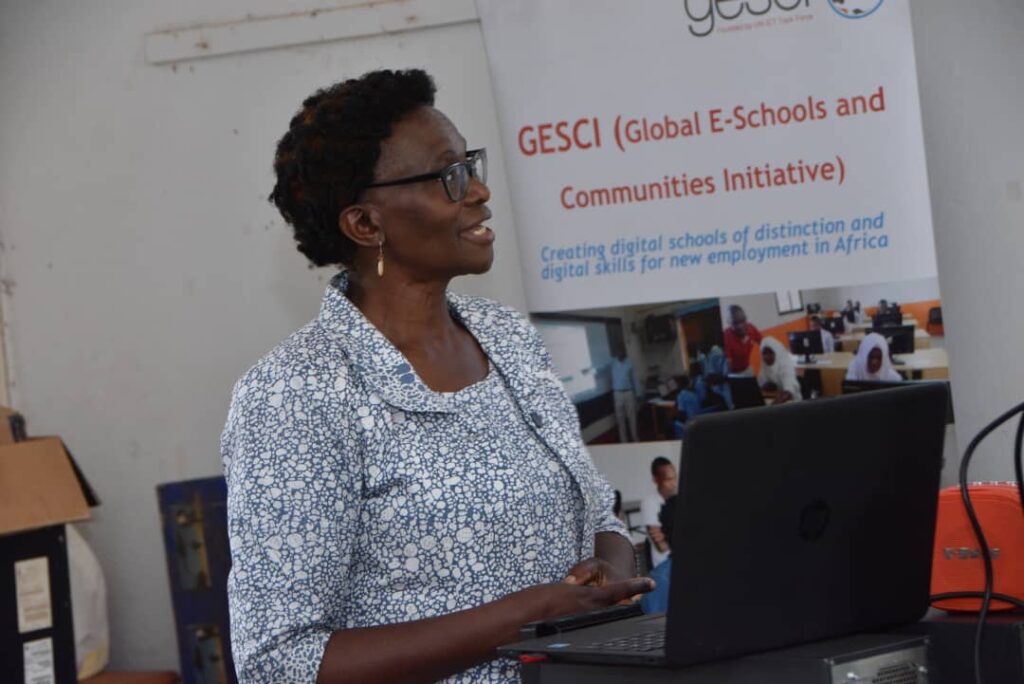
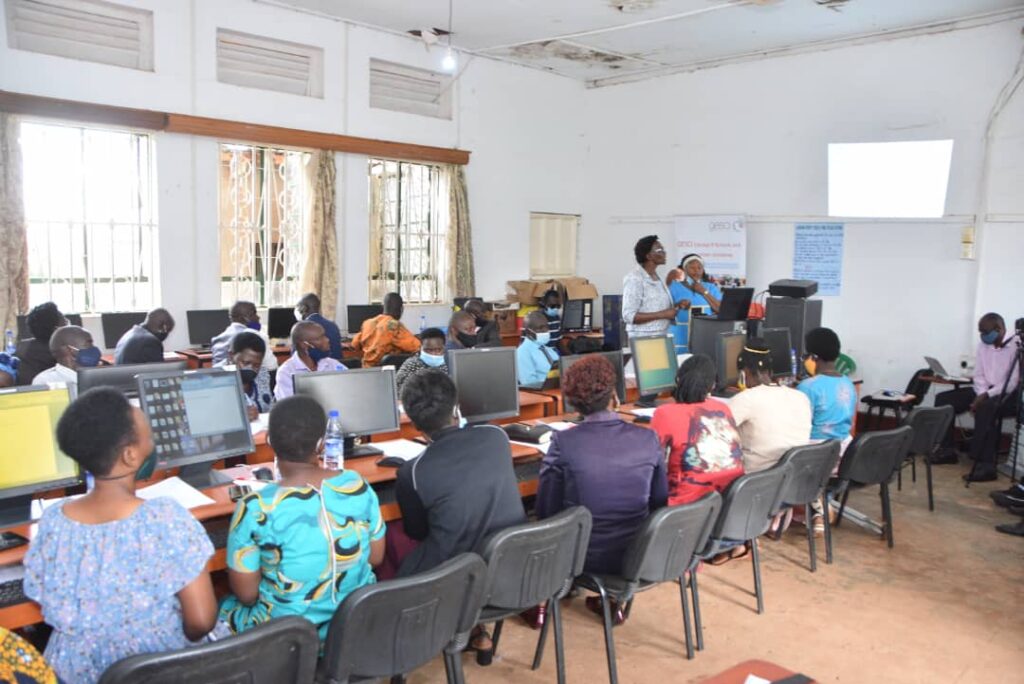
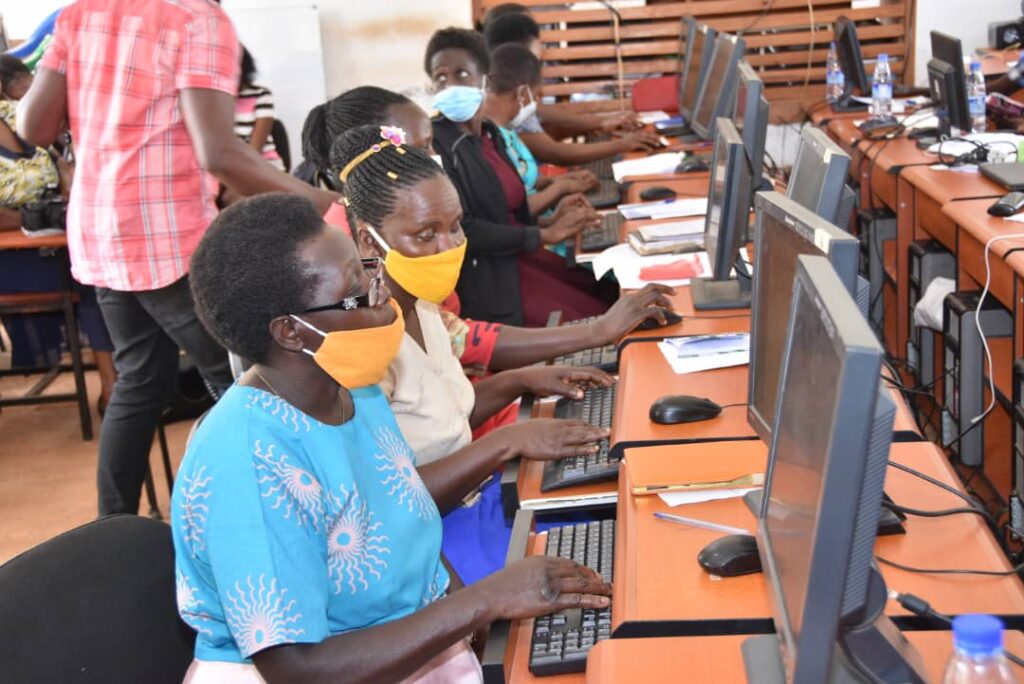
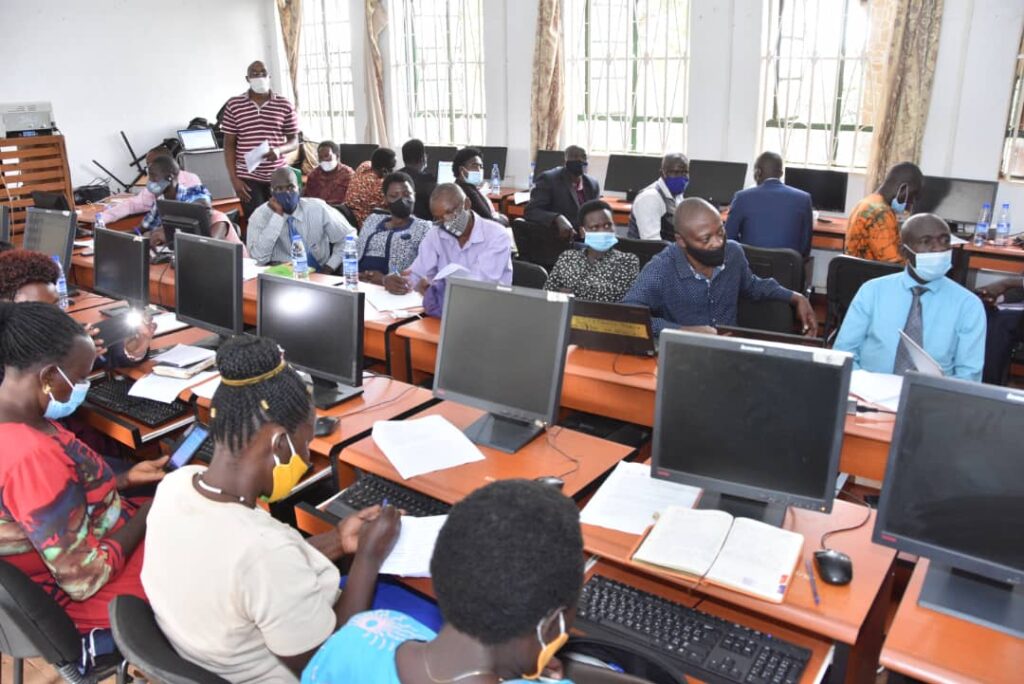




Discussion about this post